Safeguarding our most vulnerable
Hetty Johnston’s mission to end Australia’s sexual abuse crisis
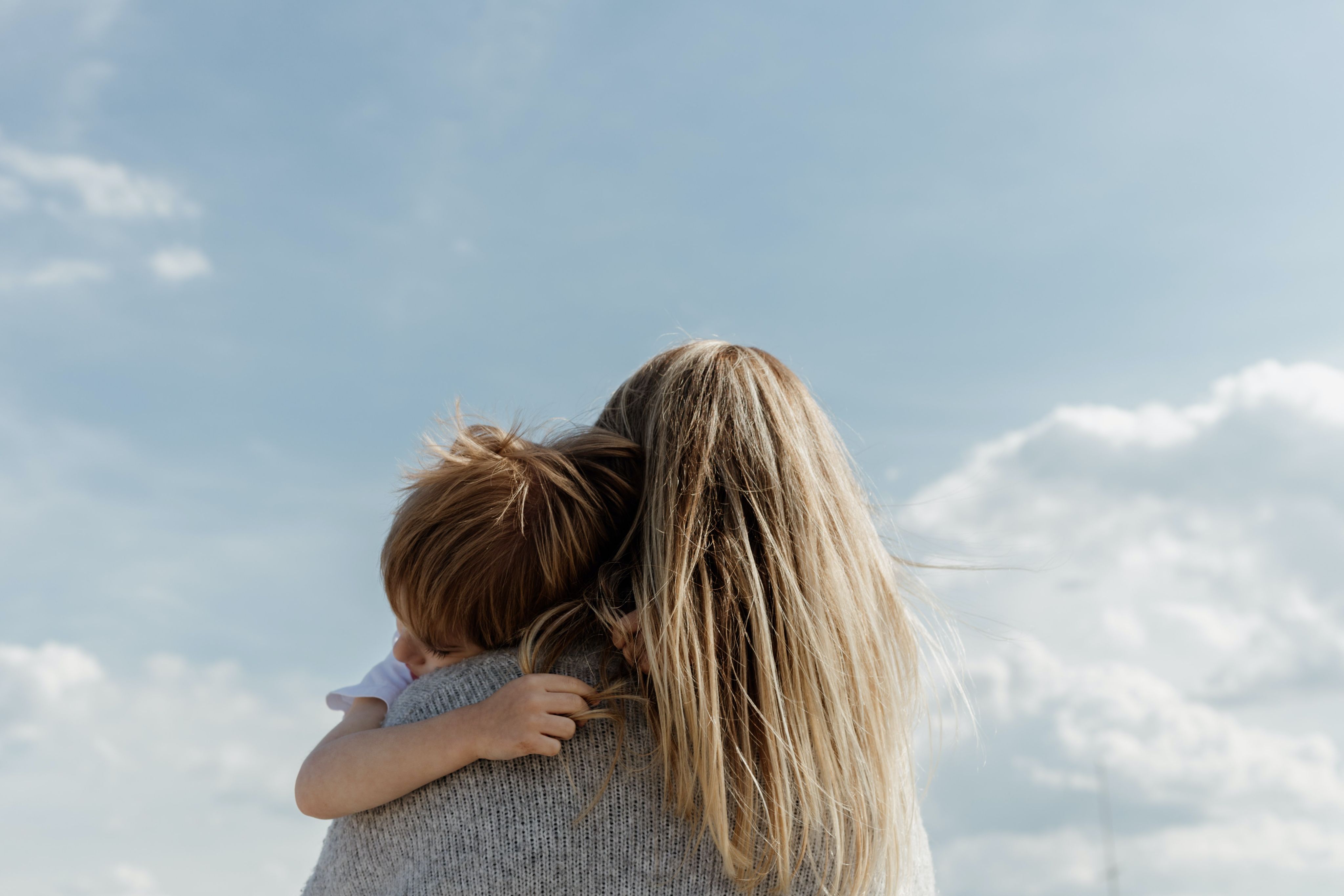
Safeguarding our most vulnerable
Hetty Johnston’s mission to end Australia’s sexual abuse crisis

Hetty Johnston’s world fell apart when her young daughter disclosed she’d been sexually abused by a trusted family member. As she picked up the pieces, she began building a new future as a child protection reformist — advocating for victims and holding governments to account. With Bond University, she’s now helping put the power in all our hands to safeguard society’s most vulnerable, with a new trauma-informed microcredential addressing the warning signs of sexual abuse and maltreatment of children, the elderly, and people with disabilities.
It’s every parent’s worst nightmare. At just six years old, Hetty Johnston’s daughter revealed she’d been sexually abused. The perpetrator? Her paternal grandfather; a man the family believed was “the last person in the world you would suspect”. Court proceedings would later uncover he had a history of sexual offending spanning two generations.
“Our lives fell apart,” Hetty says. “We couldn’t believe the offender was my husband’s father ... who we thought such a lovely man. I dropped everything. We had the resources, so we went to counselling, which is really expensive, and you’ve got to find someone first.
“On the night I found out about the offending, I looked on the internet for help — what do I do? I don’t know what to do. I quickly worked out there was nothing; no organisation in this country at that time that dealt specifically with child sexual abuse and provided support for families and children who had been harmed.”
A nationwide crisis
In the wake of the devastating fallout, Hetty was determined to help other victims and their families. She’d discovered just how prevalent child sexual abuse was and knew more awareness was needed.
Sadly, statistics continue to paint an alarming picture for our most vulnerable:
1 in 4 Australian children have experienced sexual abuse
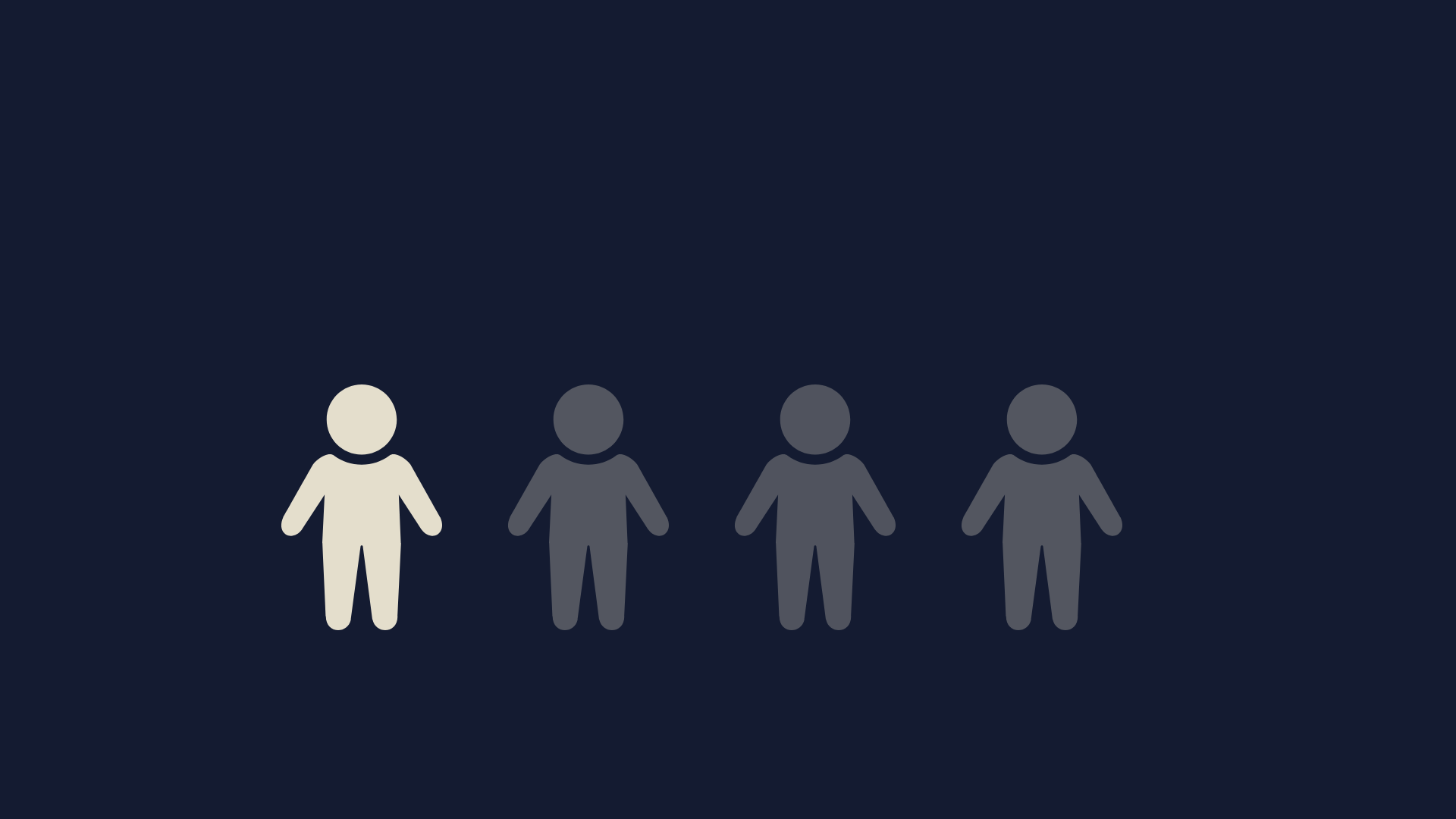
Every week 50 senior Australians are sexually abused in aged care facilities
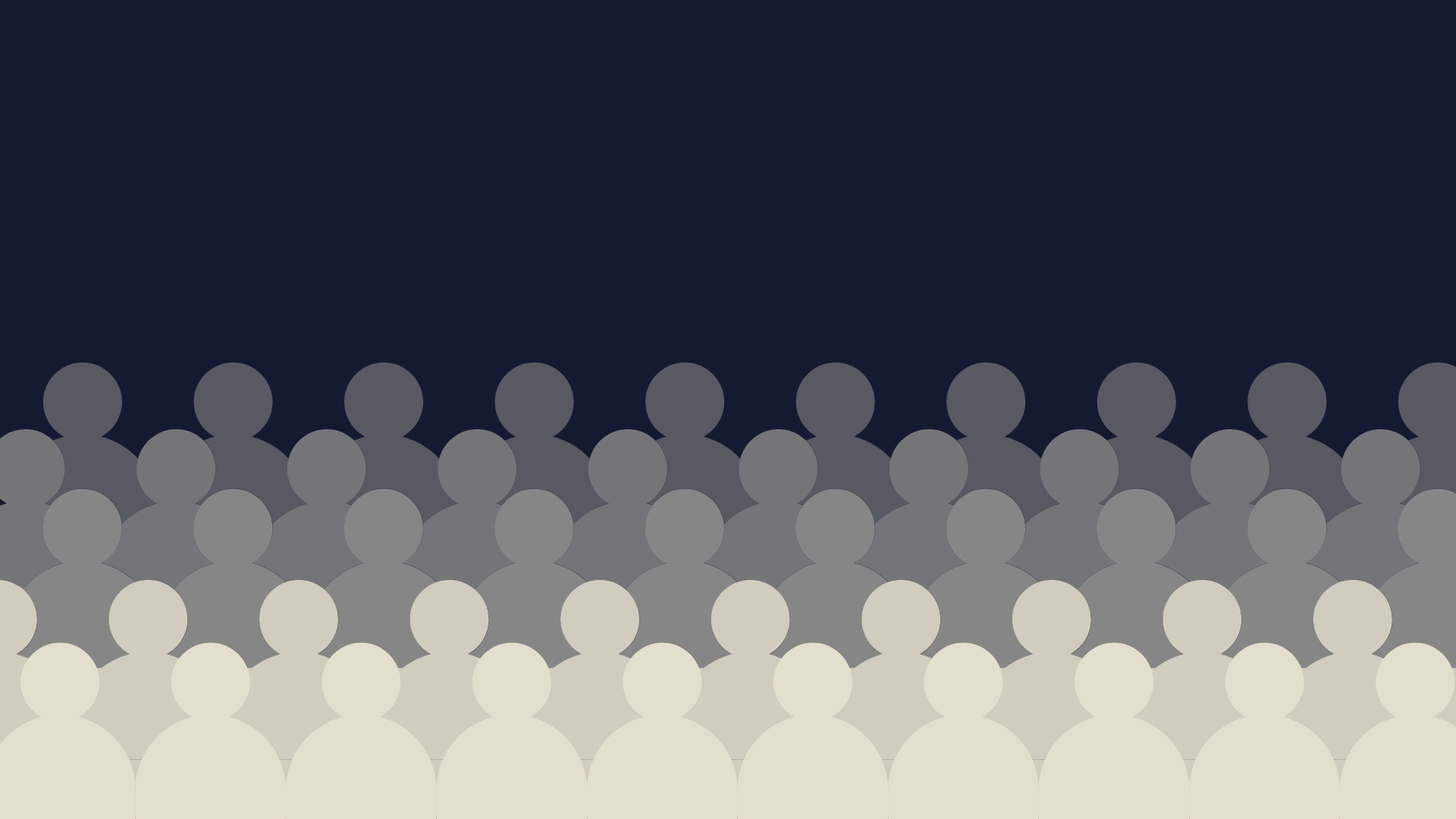
9 in 10 women with intellectual disabilities are victims of sexual abuse
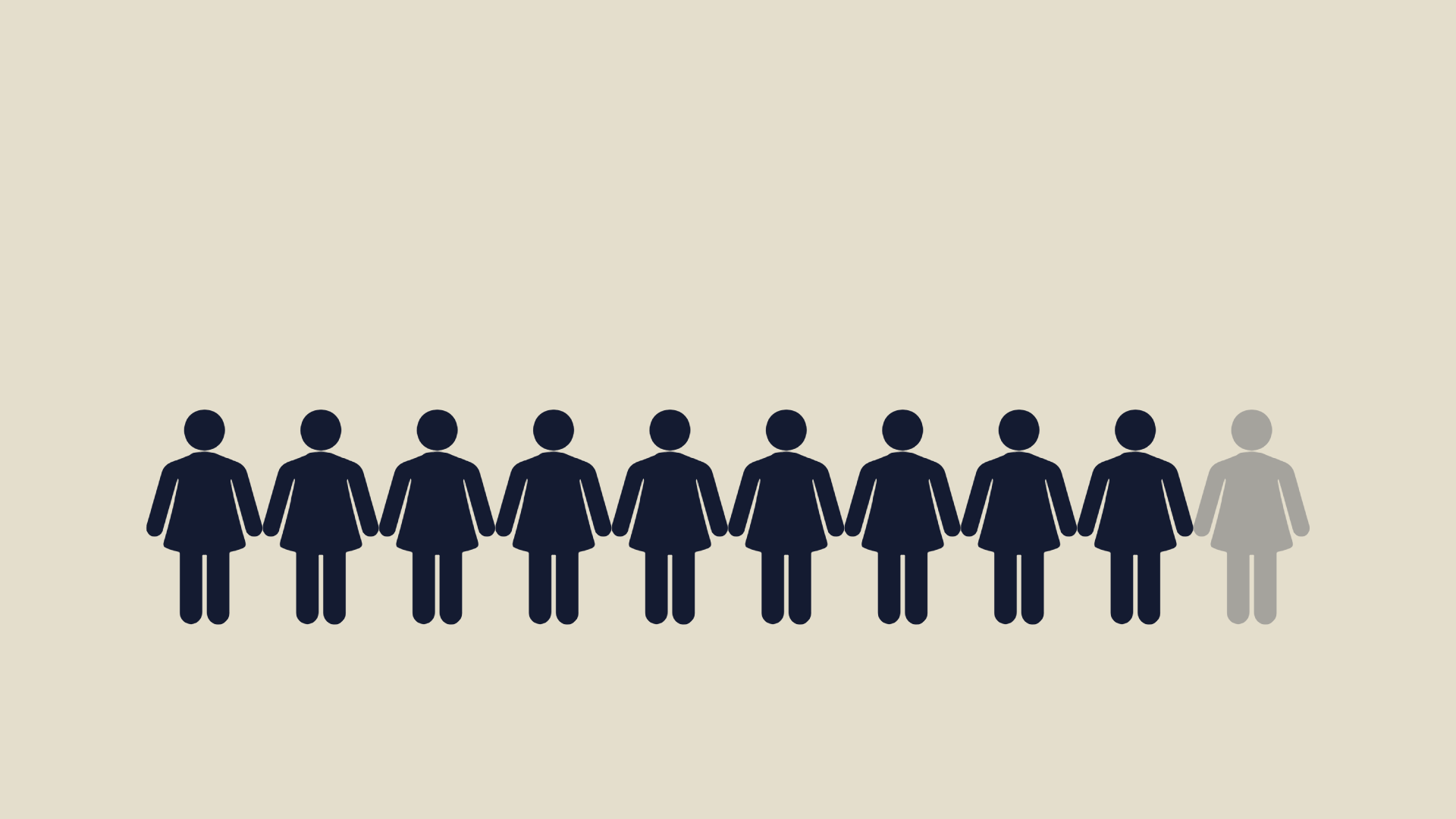
As Hetty understands better than most, support can only help victims so much. “It's never just going to go away because you go and see a counsellor, but at least you can manage your emotions a little better and understand the situation,” she says.
Becoming a brave voice
With a background in business, community campaigning and government, Hetty harnessed her advocacy skills to start child protection organisation Bravehearts in 1996. It’s become Australia’s preeminent voice for the prevention and treatment of child sexual abuse and, with Hetty at the helm for close to three decades, has driven legislative reform and systemic change at a board and policy level.
“We had focus and determination to break the silence and stop people from being ignorant about the issue, and to encourage governments — or annoy governments sufficiently — that they would do something,” Hetty says.
"We've been highly successful.
"For me, Bravehearts was always about being the voice, being prepared to say what needed to be said and to cop the consequences from society, because, particularly in the beginning, people didn't want to hear about it.”
Her work has been recognised with numerous awards; Queensland Australian of the Year in 2015, Member of the Order of Australia in 2014, and the Financial Review and Westpac’s Top 100 Women of Influence in 2013, to name just a few.
It was never about the accolades; for Hetty, it’s about standing up for those in our community who need a strong voice the most.
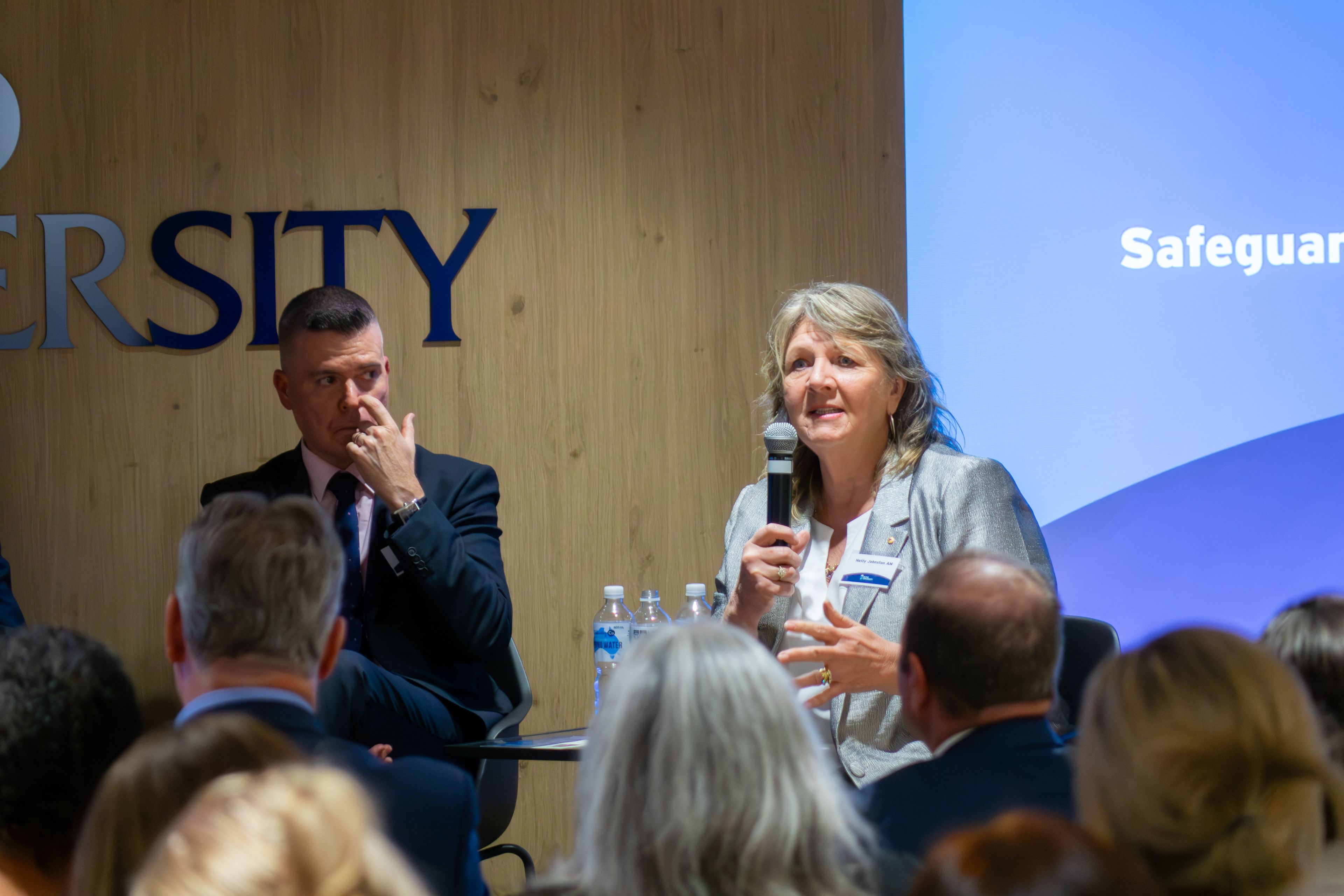
Safeguarding society's most vulnerable
In 2023, she left Bravehearts and founded Safeguarding People Australia, with a broader mission of representing vulnerable groups in our community.
Three Royal Commissions — Institutional Responses to Child Sexual Abuse,Violence, Abuse, Neglect and Exploitation of People with Disability, and Aged Care Quality and Safety — all identified sexual abuse as a significant issue in Australia.
“It is a whole new thing at this age of mine, starting something new. It is quite silly in some ways but, in another, it runs in my veins. I can’t be quiet when I see a need,” Hetty says.
Headhunted by Ansvar Insurance, one of the few insurers nationwide offering physical and sexual abuse (PSA) insurance, she delved into risk management around sexual abuse, working on safeguarding policies.
It was a lightbulb moment, seeing the common thread that existed between sexual abuse against children, the elderly and those with disabilities. “The sector standards and principles required the same outcomes across the board, so I used those as the basis and created what we call the National Safeguarding Principles,” Hetty says.
She then set about developing a comprehensive training package, detailing strategies and safeguarding skills anyone could learn.
Empowering the community
Realising existing training fell desperately short, Hetty approached Bond University about offering a trauma-informed microcredential that would educate and empower individuals and organisations to lead safer, more responsible workplaces and communities.
“It’s almost like we’re still frightened to talk about it. In some sectors, we don’t even say the words child sexual abuse, the sexual abuse of elderly, or people with a disability, yet it’s a huge issue,” Hetty says.
The Safeguarding Vulnerable People course is designed for those from the boardroom to the coal face, including volunteers and parents, and provides the knowledge and safety skills to recognise abuse indicators and respond effectively. It allows sector-specific applications across industries like community care, education, justice, healthcare, faith, sport and law enforcement, and is delivered via interactive audiovisual content, case studies and reflection exercises that can be completed within 15 hours of learning time.
Influential contributors include the Australian e-Safety Commission’s Julie Ingman-Grant, Australian Age Discrimination Commissioner Robert Fitzgerald AM, and Australian Commission for Children’s Ann Hollonds.
“The credential is not difficult in itself, but the topic is difficult,” Hetty says. “But if we’re serious about arming people with understanding and knowledge, we need them to do this course.
“If every organisation working with vulnerable people did the course, we’d be the safest place in the world, because once you know about sexual abuse, it’s not the big scary monster. It becomes recognisable; you can physically see it happening where you couldn’t before because you didn’t understand the correlation between behaviours.
“When you do, it’s just such a big relief, because you can stop looking at everybody like they’re a potential offender, stop looking at gender, and start looking at behaviour.”
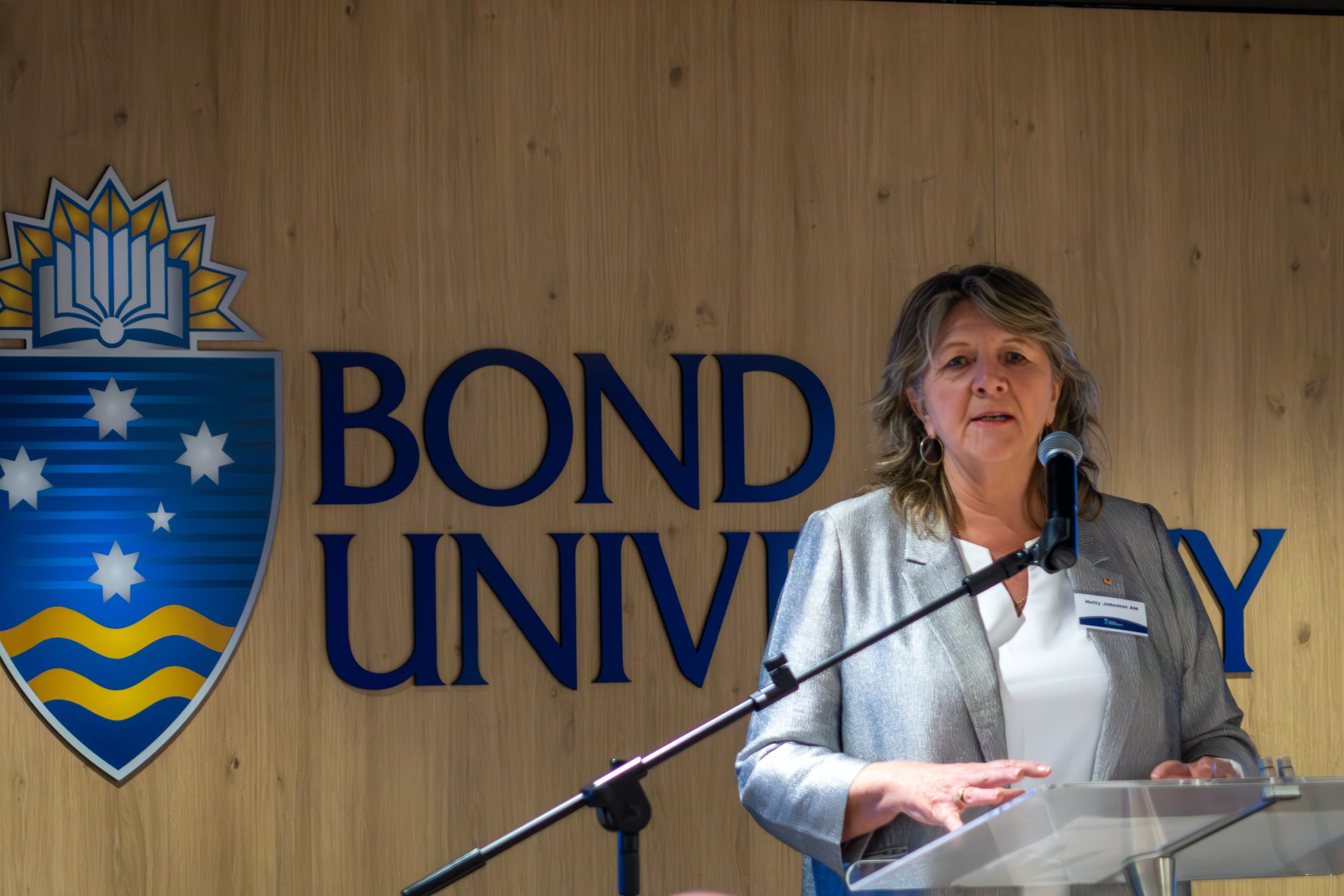
The power of prevention
Hetty’s vision is that sexual abuse prevention becomes as much a part of workplace culture as other health and safety practices that are now second nature to all of us, at work and at home. Her belief is making public spaces safer makes homes safer too, as people are better able to spot the warning signs.
“If I won Lotto tomorrow, I'd pay for every Australian to do the course. That's how much I believe in it. My next job is to make sure it gets out to as many people as possible,” Hetty says.
“I can't think of anything more important than protecting the people you love, and that's why I’m so passionate about this and why I hope to the heavens everybody does it.”
More information on the Safeguarding Vulnerable People microcredential is here:
If you or someone you know needs support, you are not alone. Help is available: | ||
|---|---|---|
1800RESPECT | National Sexual Abuse, Domestic & Family Violence Counselling Service | Call 1800 737 732 (24/7) |
Blue Knot Foundation | Support for adult survivors of childhood trauma | Call 1300 657 380 (9am-5pm daily) |
Lifeline Australia | Crisis support and suicide prevention | Call 13 11 14 (24/7) |
Kids Helpline | Free, confidential support for young people aged 5 to 25 | Call 1800 55 1800 (24/7) |
Published on Wednesday, 23 July, 2025.
Original thinking direct to your inbox
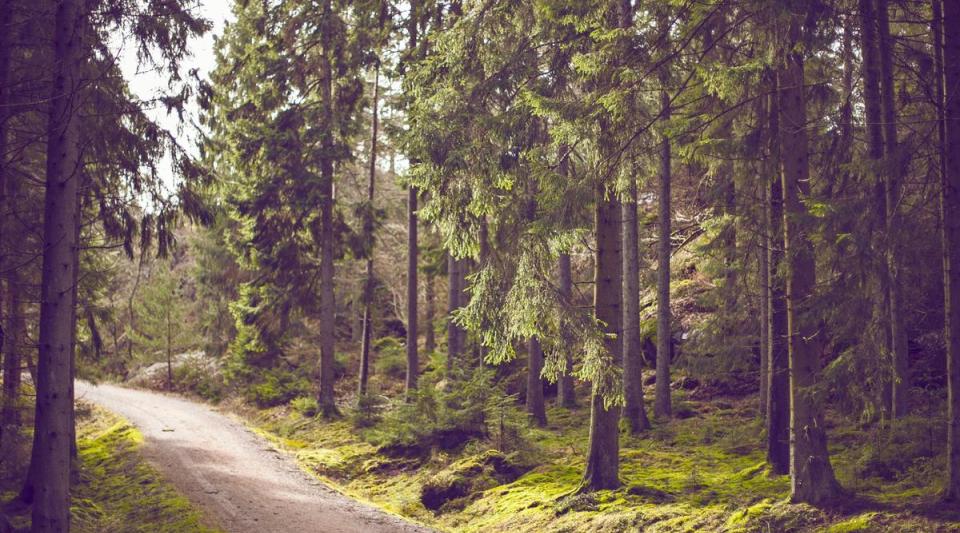
Stories from Bond

